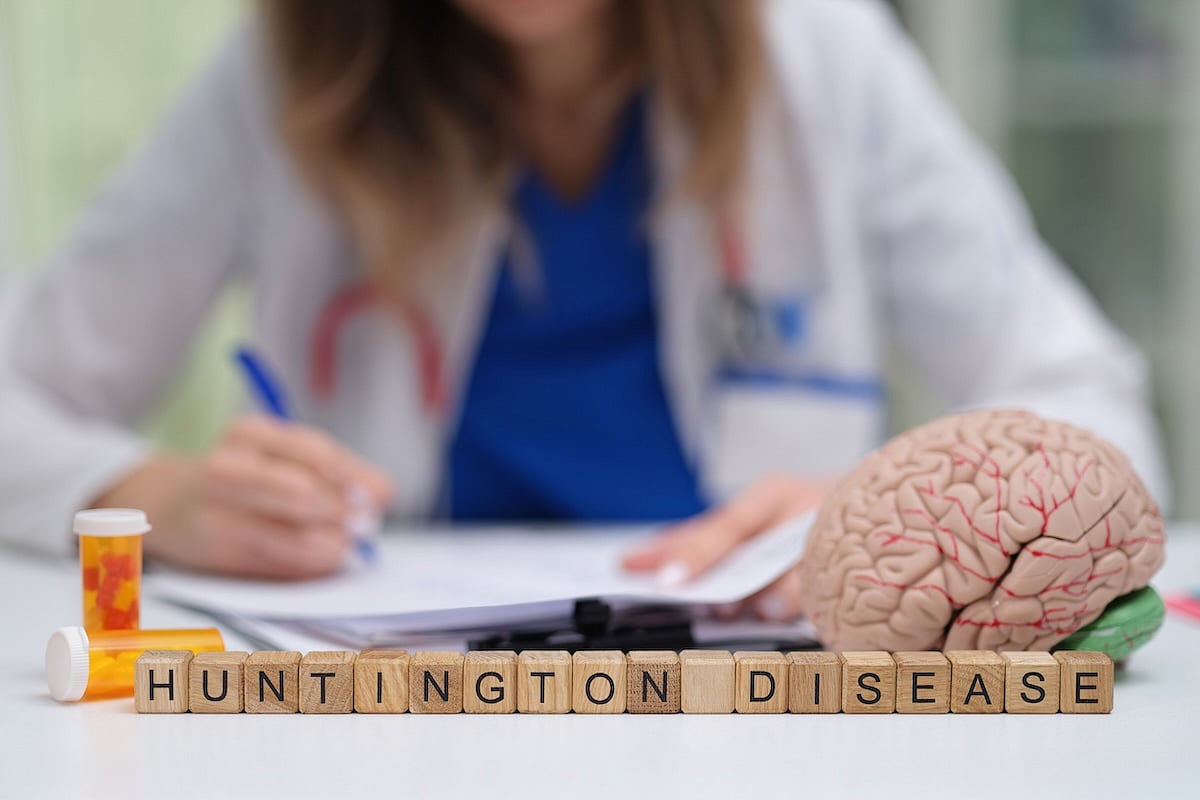
The U.S. Food and Drug Administration (FDA) is reviewing the safety of mifepristone, a drug used in medication abortions for 25 years, amid a push from conservative state attorneys general and anti-abortion groups. The announcement was made in a letter from Health and Human Services Secretary Robert F. Kennedy Jr, according to CBS News. The… read on > read on >














.jpg)



